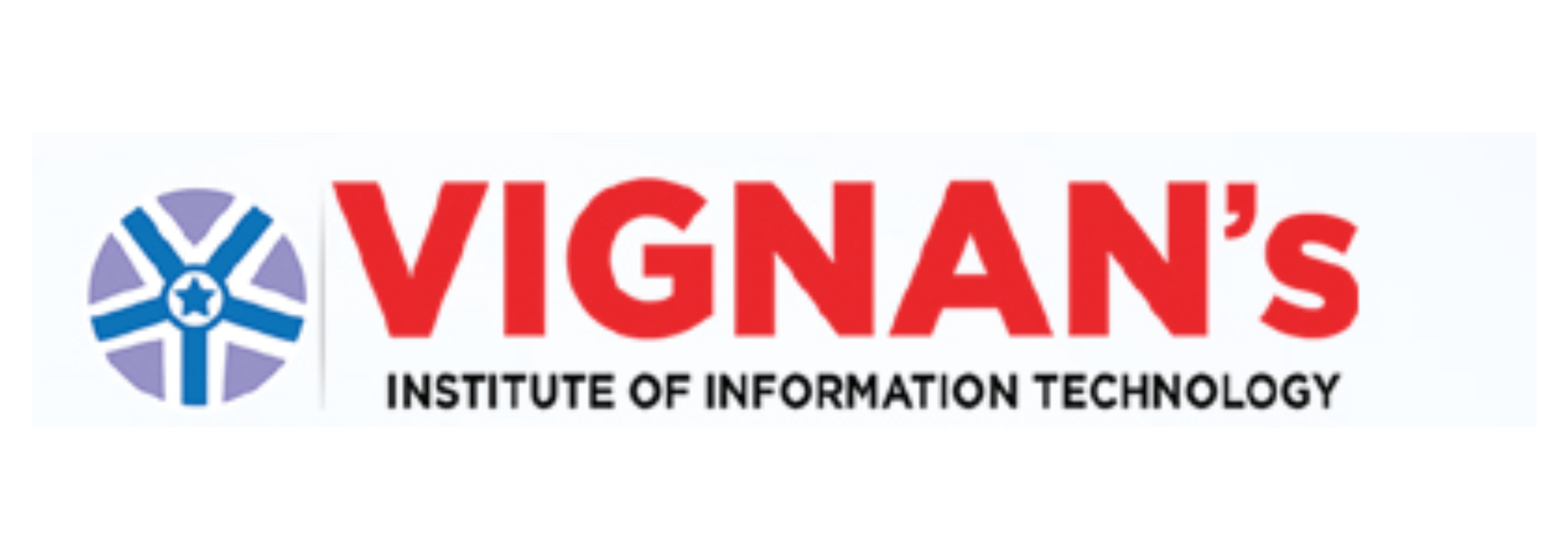 Overview
Overview
The Department of Mechatronics Engineering offers a 4 Year B.E. Mechatronics Engineering degree programme. Mechatronics is an interdisciplinary engineering field that combines principles from mechanics, electronics, computer engineering, robotics and automatic control. Mechatronics engineers design, develop and test a broad range of automated machines from industrial systems, artificial intelligence and medical equipment, to consumer products. Studies focus on laboratory practice and applied examples. Students need to possess mathematical and technical skills, logical analysis, project management and the ability to work in teams. They gain basic knowledge of engineering processes, product design as well as the use of digital electronics or computer-aided design (CAD) software. A degree in mechatronics can lead to management positions, including project management. Workplaces range from laboratories and processing plants to engineering design offices.
 Vision
Vision
To be a centre of excellence for dissemination of Knowledge in Mechatronics Engineering at National and International level
 Mission
Mission
- Develop knowledge through effective teaching-learning process to meet the global challenges
- Foster innovation through continuous learning and research activities
- Promote ethical and entrepreneurial attitude with the students


















































